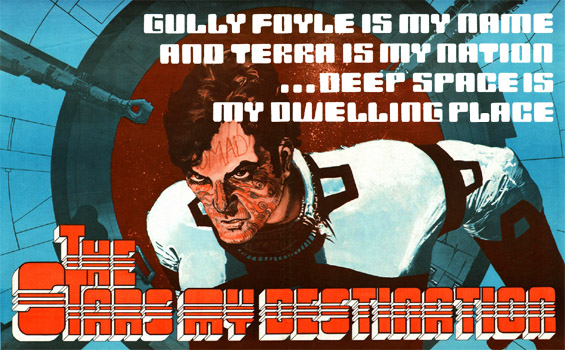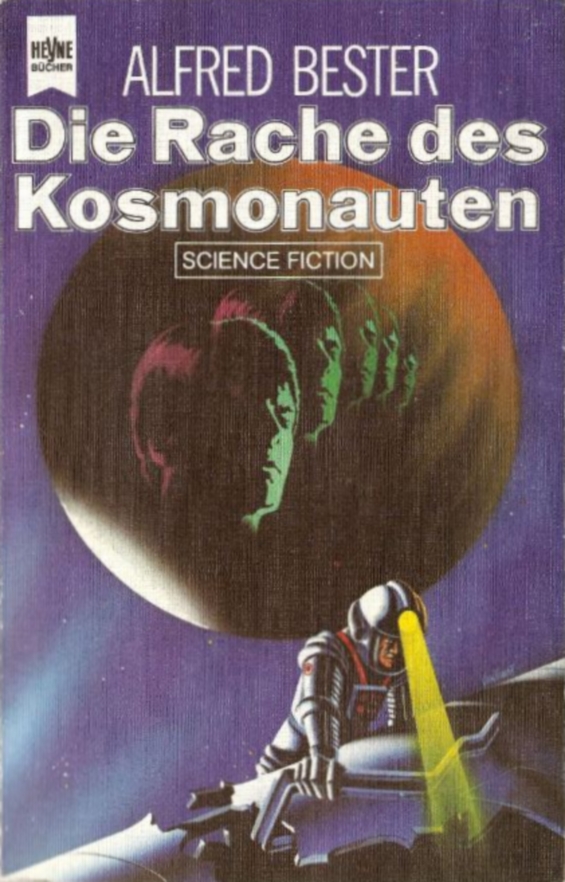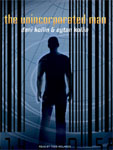
 The SFFaudio Podcast #086 – Jesse talks to Ben Aaronovitch. Aaronovitch is an SFF author, a former Doctor Who scriptwriter, and the lead writer of the Blake’s 7 audio drama series.
The SFFaudio Podcast #086 – Jesse talks to Ben Aaronovitch. Aaronovitch is an SFF author, a former Doctor Who scriptwriter, and the lead writer of the Blake’s 7 audio drama series.
Talked about on today’s show:
the original Doctor Who, how to break into TV (in the mid 1980s), Andrew Cartmel, the price of VCRs in 1985, Caroline Aulton, Remembrance Of The Daleks, big budget BBC, Geoffrey Palmer, do it again with 40% more fear, Ben Aaronovitch’s blog Temporarily Significant entitled: I shall eviscerate you, Daleks and An Unearthly Child, racism, The Hand Of Omega, two sets of Daleks, proto-U.N.I.T., Battlefield, what killed the original Doctor Who?, the BBC!, the fetishization of the writer, Russel T. Davies, Queer As Folk, “a Doctor Who shaped whole in the British psyche”, Jon Pertwee, KVOS-TV, the abortive FOX Doctor Who reboot, Doctor Who as an episode of The X-Files, Paul McGann, The New Adventures of Doctor Who:Transit by Ben Aaronovitch, Rivers Of London by Ben Aaronovitch (aka Midnight Riot), Moon Over Soho, Whispers Underground, Peter F. Hamilton, “extruded fantasy product”, Michael Moorcock, Charlaine Harris, Diana Gabaldon, Harry Potter meets The Sweeney (the British version of Kojak), The Dresden Files (is “Gandalf noir”), reviews of Rivers Of London (aka Midnight Riot), Midnight Riot on GoodReads.com, negative reviews are very helpful, The Steel Remains by Richard K. Morgan, Morgan’s screed against J.R.R. Tolkien, Joe Abercrombie and China Miéville are good because they are good not because they are grim, the Blake’s 7 audio dramas started on The Sci-Fi Channel UK, Andrew Sewell, Rebel, Traitor, Liberator is an SFFaudio Essential |READ OUR REVIEW|, “Star Trek: British or Robin Hood in space”, Terry Nation, Chris Boucher, Avon’s one liners, Firefly, Farscape, the Blake’s 7 prequel series, Cally: Blood & Earth and Flag & Flame |READ OUR REVIEW|, Alistair Lock, the quality of the actors on Blake’s 7, Colin Salmon, Michael Praed, B7 is real Science Fiction ideas in a space opera setting, the internet is a huge echo chamber, the effect of torrents on Blake’s 7, B7 is on Audible.com (and Audible.co.uk), Bernice Summerfield, Big Finish, Blake’s 7: The Early Years: Zen: Escape Velocity (Volume 2.1), Series 2 of Blake’s 7 is already written, the rebooting of Battlestar Galactica, the Pegasus episode of BSG, landing a Battlestar was badly though through, Ronald D. Moore‘s Cylons didn’t have a plan, Lost, J. Michael Straczynski, television is like life, Dexter, detective shows can run longer, The Mentalist, Law & Order, why Doctor Who need never die, the Pertwee years, Doctor Who as the “universal television format”, Frankenstien = The Brain Of Morbius, Greek myth = The Myth Makers, there’s no end-game in Doctor Who, writers are used as a crutch by British TV executives, the credit given to writers by UK television, USA TV vs. UK TV, the writer’s room is very attractive, the homogeneous end product, Castle is beautifully written fluff, the psychic episode of Castle was soul-deadening, HBO, True Blood, Downton Abbey is kind of like Upstairs Downstairs, the problems of USA and UK TV, DaVinci’s Inquest, Intelligence, Downton Abbey, Highlander, Seacouver, The 4400 lake (is Buntzen Lake), “Caprica city is decaying”.
Posted by Jesse Willis
Update:
Here’s a photo I took of Buntzen Lake this morning.






